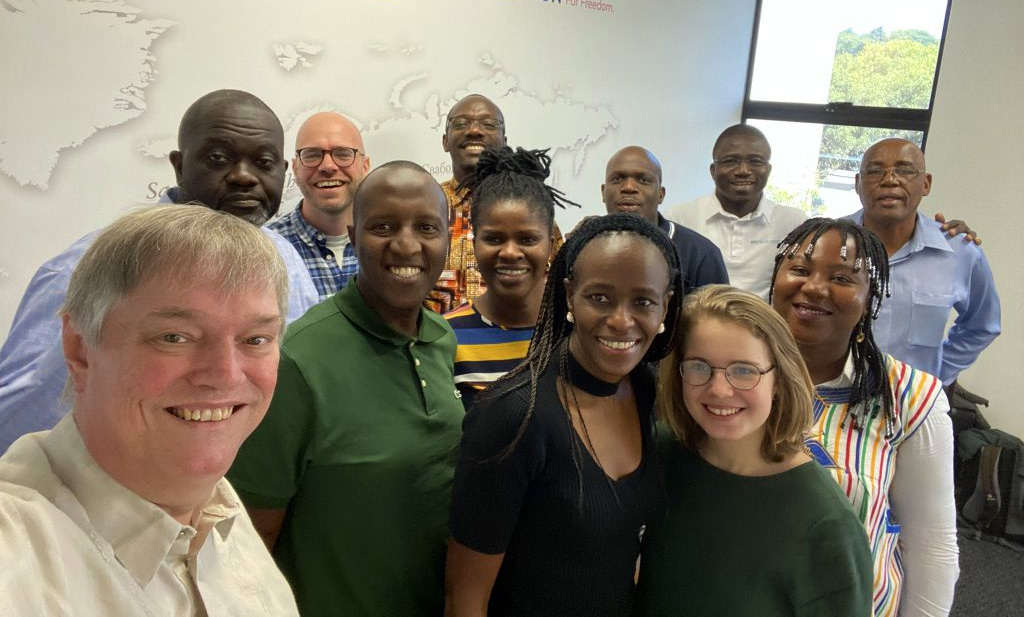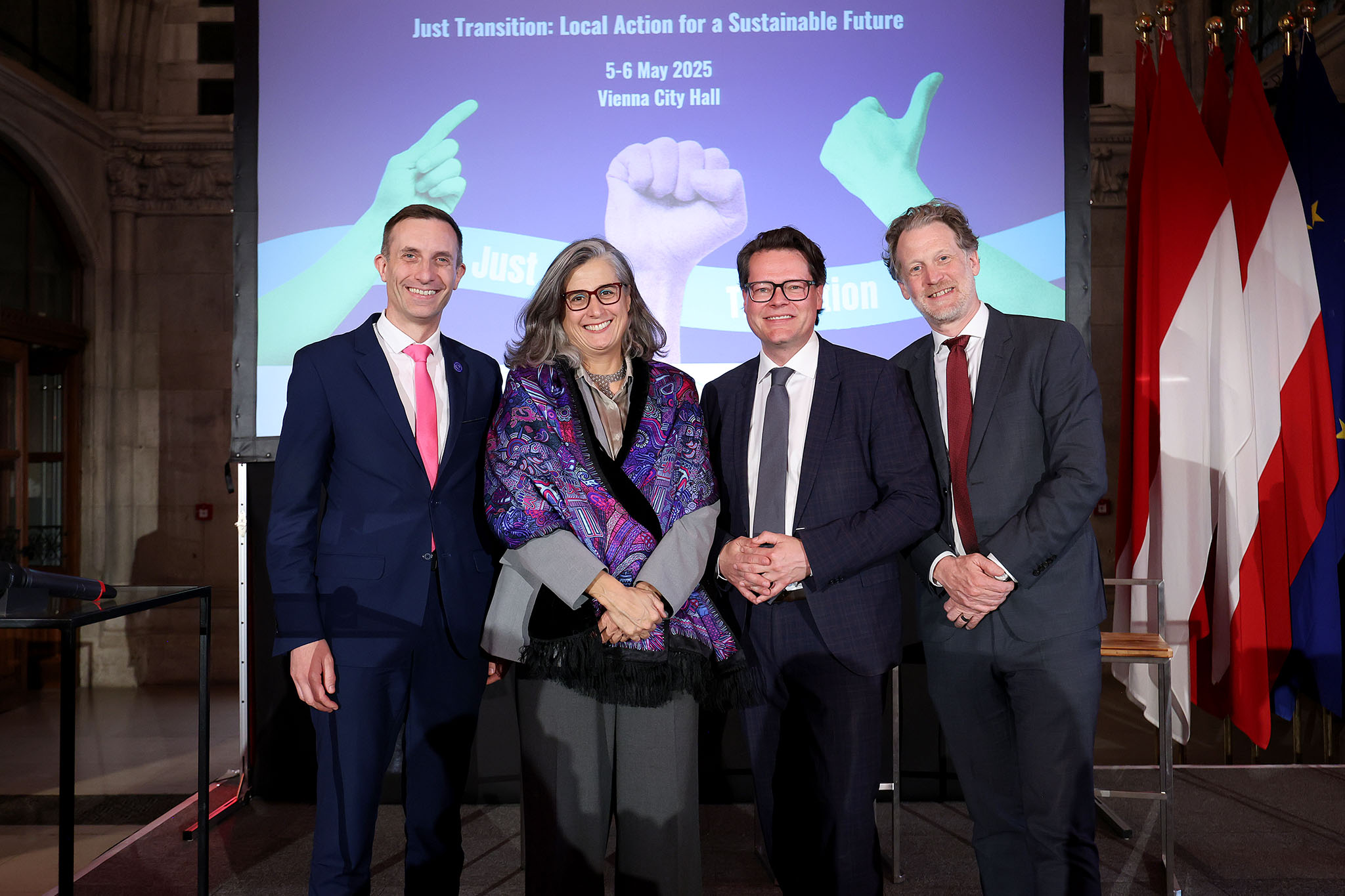by Josef Lentsch, Managing Partner at the Innovation in Politics Institute Germany
I just returned from a week at the Political Startup Incubator in Johannesburg, working with opposition parties from Subsahara Africa. I learned a lot, and it got me again thinking what is important in political innovation. Here are 8 things I have learned from working with many political organisations over the last years:
Team-based over individual-based
When it comes to innovating political organizations, a team-based approach is superior. Innovation teams are more resilient than individual innovators. Political intrapreneurs come in teams of 3 – should one get lost along the way, you still have a dyad to work with.
Networks over islands
Interlink islands of innovation within and across political organisations, to add further resilience. Facilitate trust- and bridge-building between them. Foster self-organisation through peer coaching (process) and communication channels (structure).
Reflective practitioners over academic experts
How-to expertise is critical to success. Political and organizational science or sociology can and should inform the approach. But for the programme to be successful, you have to bring in people who have done stuff in practice, and talk openly about failures and learnings.
Case clinics over lectures
Work with messy realities instead of neat theory. With every „step into“ the case, be ready to „step out“ to theory-informed reflection. But be aware that sensemaking is not just a rational process – it is first and foremost an emotional one.
User-centric over prefabricated
Co-design a great plan with your stakeholders. Use the great plan as a starting point. And then: iterate, iterate, iterate.
Deep dive over shallow swim
Intensity and focus require dedicated time. When running an innovation progamme, schedule modules of 3-5 full days instead of the more practical 1.5-Friday/Saturday standard.
Open over fixed mind
Be a learner yourself. Be ready to be surprised. Be open to be wrong about things. Failure is an option.
Context sensitivity over uniqueness of identity
Every political organisation is unique. Every political organisation is the same. Both are true only to a certain extent. There are no absolutes. Copy-paste is doomed to fail. At the same time, the importance of cultural context does not mean nothing is transferable.



